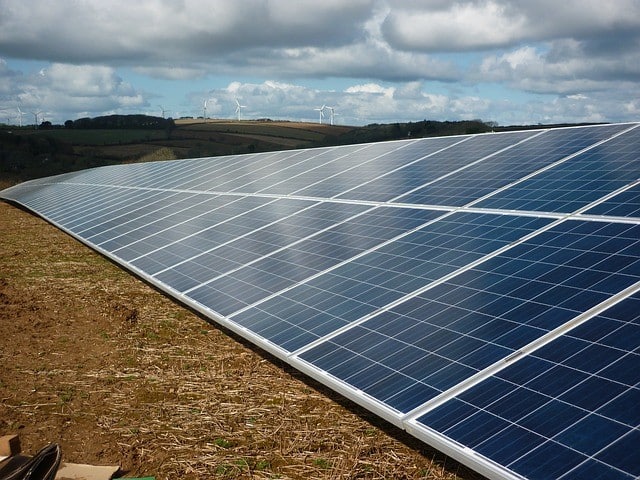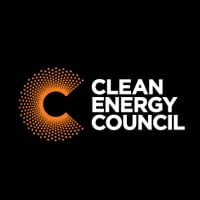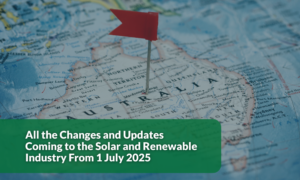The Clean Energy Council (CEC) has released a statement in support of the Turnbull Government’s National Energy Guarantee (NEG). However, that support is conditional on one important change to the policy: that its carbon emissions reduction target is increased.
The CEC says the market will achieve the current NEG target of 26 per cent by 2030 by default. To encourage investment in renewable energy projects, the CEC argues, the target needs to be “pumped up”.
However, not all stakeholders in the current NEG debate are siding with the CEC.
Smart Energy Council: CEC emissions reduction target stance is “unbelievable”
The Smart Energy Council (SEC) has described the CEC’s position as “unbelievable”.

The SEC says the NEG policy will lead to a drop in renewable investments because public funding for coal will be “bolted on”.
The SEC believes the NEG could destroy the renewables industry, adding that renewable options such as solar panel installations have led to lower electricity prices for consumers.
The industry group urges its members to write to state energy ministers to urge them not to sign on to the NEG.
In a statement it asked its members to call up the CEC “and tell them how offended you are by their support for the renewables-destroying National Energy Guarantee”.
“The Smart Energy Council stands up for consumers and the renewable energy industry, from installers to global companies, when the CEC won’t.”
CEC says investors need more certainty
The CEC, on the other hand, believes the NEG should be adopted to provide a starting place for later negotiation.
The CEC’s arguments include:
- Chronic policy uncertainty due to partisan politics means Australia has not invested enough in new energy generation as coal power plants have closed.
- Investment in new wind and solar power projects will drive down prices. However, these projects are capital-intensive ventures and investors need solid policy certainty.
- Private investors will “jump ship” to other countries unless the investment environment stabilises.
- The emissions reduction target should be regularly reviewed, not locked in. Processes should be put in place to prevent future attempts to reduce it.
- More recognition should be given to the role of energy storage, such as solar storage batteries.
COAG Energy Ministers will meet to decide on the NEG this Friday, August 10.












































